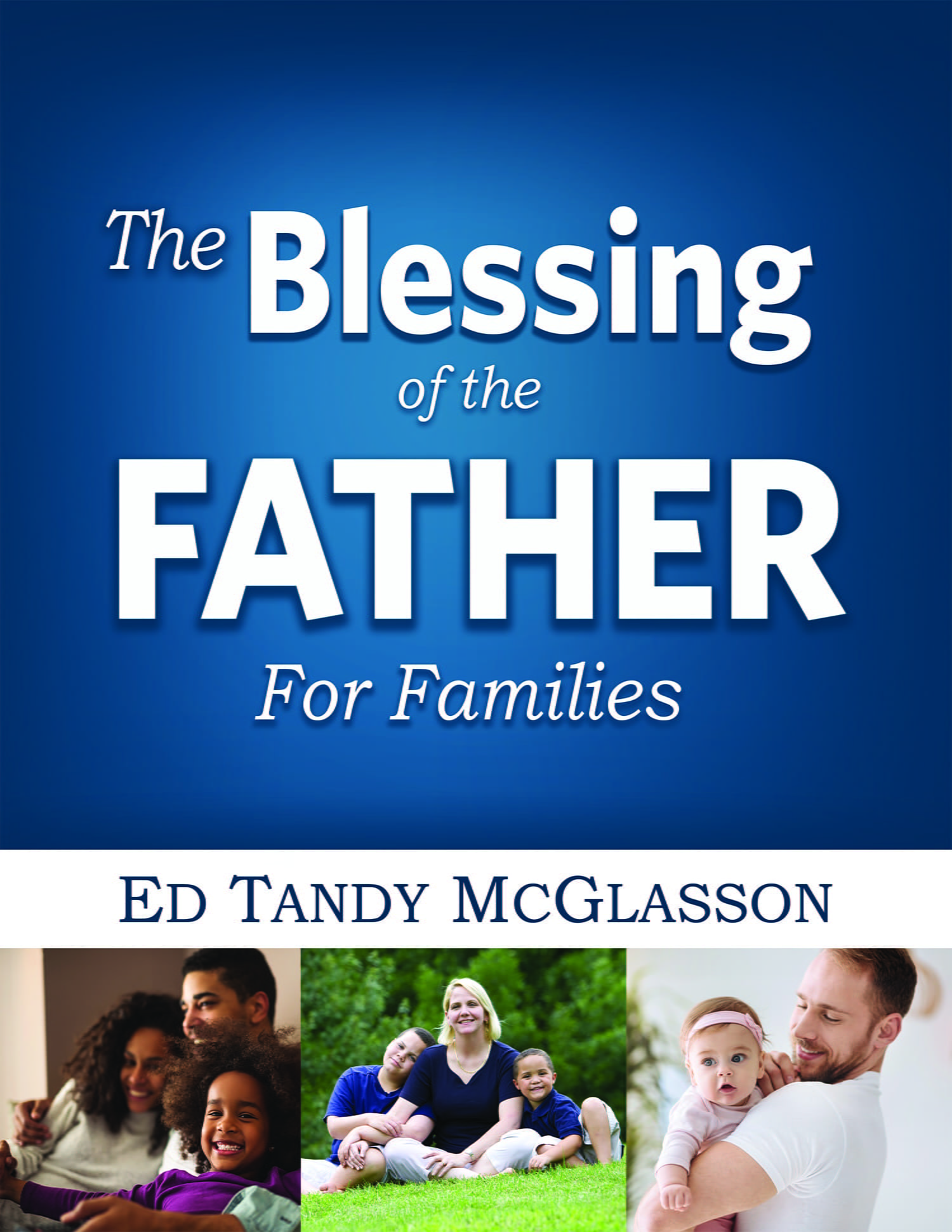4 Ways to Overcome Your Family's Cycle of Bitterness

Families can rise or fall based on how well they handle conflict and hurt. Without the tools of forgiveness, bitterness can destroy our families. The only way to break the cycle of bitterness is to build a culture of forgiveness in our lives.
Bitterness has taken root in many families, and it will come out in different ways. I heard a story about a family that had members who didn't want to show up for a Thanksgiving celebration because of their political differences. One of them said, "I can't believe that you voted for… and I can't be around someone who is so….” You get the drift, it was ugly.
Our children are watching us and learning to either forgive or be bitter. People used to agree to disagree, but now they’re more likely to say, “If you believe that, I can't have a relationship with you anymore." In this culture, it’s vital to protect your family and yourself by building a culture of forgiveness around you.
Here are some tips on how to do that:
Photo courtesy: ©Unsplash
1. Ask God to forgive you...

1. Ask God to forgive you...
SLIDE 1 OF 5
The most bitter people I know are the ones who have never received forgiveness themselves. Have you ever wondered why God is so willing to forgive us even when He knows we are going to probably do the same thing again?
God forgives us through the sacrifice of His son Jesus. To withhold forgiveness from someone after Jesus died on the cross would be saying, “His death on the cross was not enough for you to be forgiven.” God has pre-forgiven you. He took the penalty that you deserve and placed it on Jesus.
Photo courtesy: ©Unsplash
...and forgive others right away.

...and forgive others right away.
SLIDE 2 OF 5
We can pull out the weeds of bitterness before they take root by forgiving people “right away." I hear some people say, “Well, I am not ready to forgive this person right now.” I have said that often because I want the person who hurt me to apologize. If you do that, you are putting the healing you need in the hands of the person who has hurt you.
Photo courtesy: ©Unsplash
2. Choose to forgive everyone who has hurt you.

2. Choose to forgive everyone who has hurt you.
SLIDE 3 OF 5
Jesus not only died for your sins; he died for everyone else’s sins. So when others commit offenses against you, Jesus has already forgiven them. Shouldn’t you be able to do the same?
You shouldn’t have to be in a forgiving mood. God is asking you to forgive them right away, which will keep the seeds of bitterness from taking root.
Many families suffer in relationships not because they don't want to love each other, but because they don't know how to forgive each other when the hurt comes.
Photo courtesy: ©Thinkstock
3. Teach your kids about forgiveness by asking for it.

3. Teach your kids about forgiveness by asking for it.
SLIDE 4 OF 5
You are responsible for teaching your kids to humble themselves when they are wrong. The fastest way to make sure that bitterness doesn't take root between you is to ask, "Is there anything I have done to hurt you that I haven't asked for forgiveness for?"
That question has opened the door of trust in the heart of my children. Modeling that not only repairs the hurt that I caused them, it also teaches them how to humble themselves when they make mistakes.
Remember that you are sowing seeds of humility and forgiveness that your grandchildren will learn from your kids one day.
Photo courtesy: ©Thinkstock/shironosov
4. Bless your enemies and teach your kids to do the same.

4. Bless your enemies and teach your kids to do the same.
SLIDE 5 OF 5
The next time someone tries to draw you into a political debate, focus on something that you admire or love in that person and tell them about it. I am not saying we shouldn't enter the political arena and fight for the truth. But we must do it without the anger and superiority that so many people are modeling to our kids.
Jesus called us to bless those who curse us. Let’s honor Him by building a culture of forgiveness in our lives.

Photo courtesy: ©Thinkstock
Originally published December 12, 2017.









